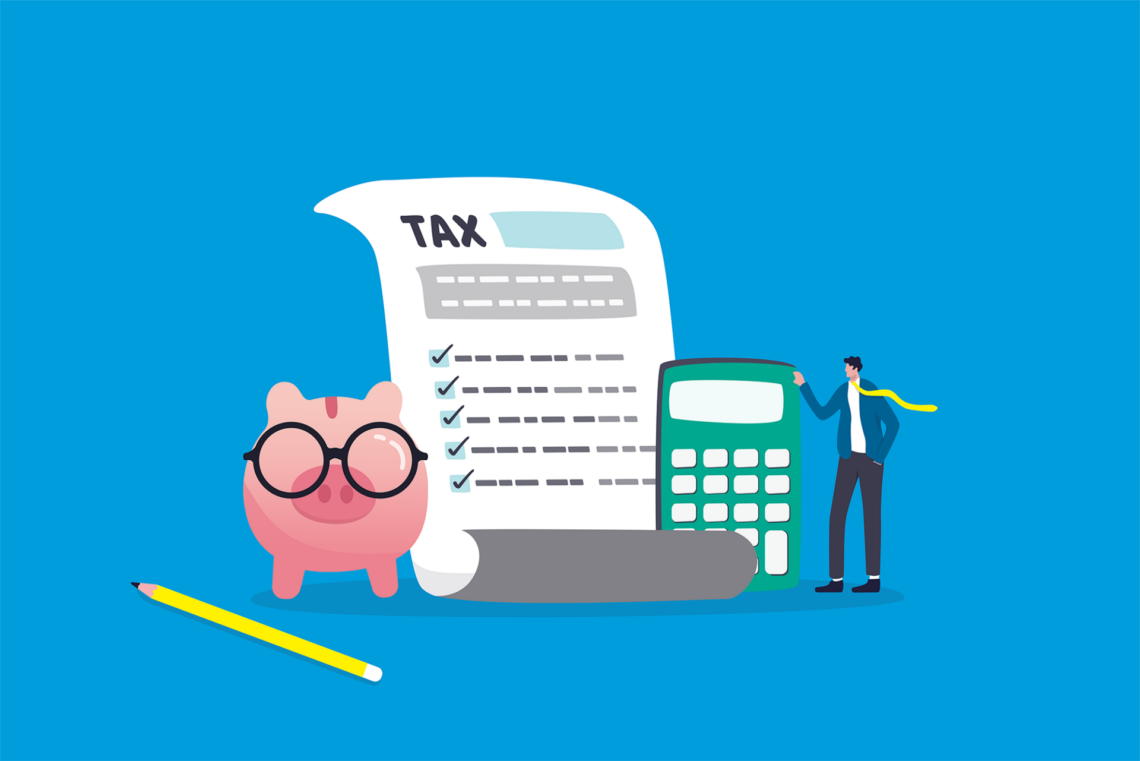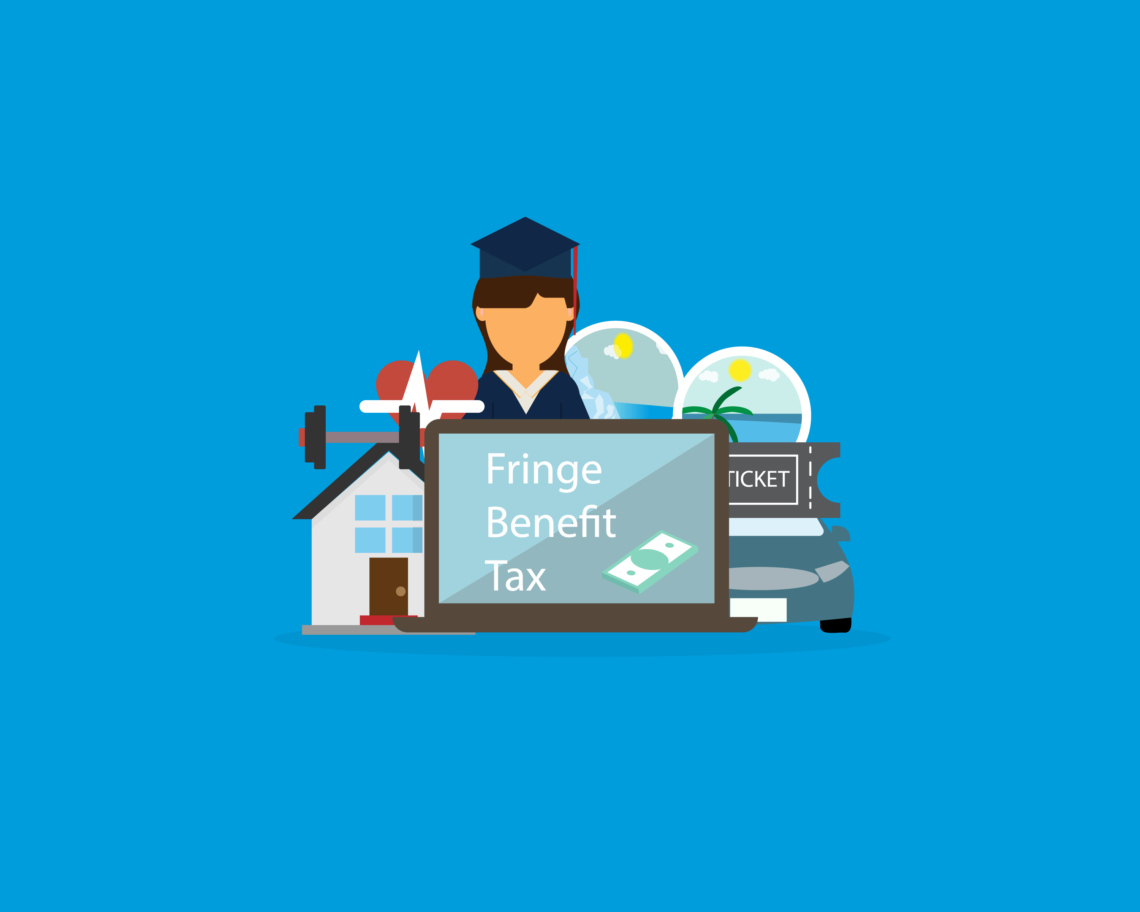Tax Saving Strategies for Home-Based Businesses
Home sweet office? You can certainly cash in on that! Whether you’re freelancing, consulting, or running the show from your living room, understanding home office tax deductions can be a game-changer. Let’s unpack some juicy ways that home businesses can squeeze the most out of their tax benefits with home office deductions.










